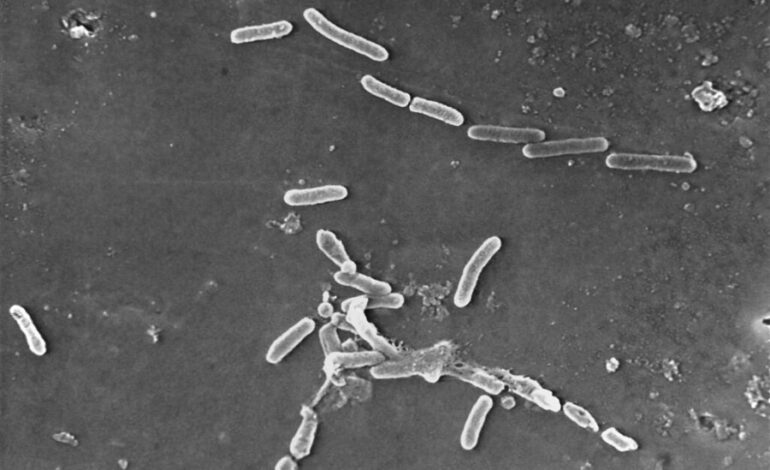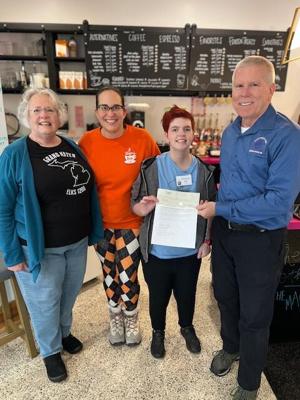Boosting Open Science in Biotech to Tackle Antibiotic Resistance

The fight against antibiotic resistance is intensifying, as experts call for a renewed commitment to open science within the biotechnology sector. This approach, which emphasizes transparency and collaboration, is deemed essential for accelerating the discovery of new antibiotics. The urgency of this initiative stems from the alarming rise in antibiotic-resistant infections, which pose a significant threat to global health.
Historically, the Golden Age of antibiotic discovery in the mid-20th century was marked by a culture of openness. Researchers shared data and collaborated across borders, leading to breakthroughs that have saved countless lives. According to a recent report from the Global Health Organization, antibiotic-resistant infections now claim approximately 700,000 lives each year, highlighting an urgent need for innovation in antibiotic development.
Collaboration as a Key Strategy
To effectively combat antibiotic resistance, experts emphasize the importance of data sharing among researchers and pharmaceutical companies. Open science can facilitate greater collaboration, allowing scientists to pool resources and knowledge. By utilizing advanced tools such as artificial intelligence, researchers can analyze vast amounts of data more efficiently, leading to quicker identification of potential new antibiotics.
For instance, AI has the potential to uncover novel compounds that could be developed into effective antibiotics. By harnessing the power of machine learning algorithms, researchers can predict how different substances may interact with bacterial targets. This approach not only speeds up the discovery process but also reduces the costs associated with traditional drug development, which often exceeds $1 billion.
Global Initiatives and Future Directions
Several initiatives are already underway to promote open science in the biotech field. Collaborative networks, such as the Global Antibiotic Research and Development Partnership, are working to enhance data sharing and transparency. These partnerships aim to bring together governments, industry leaders, and academic institutions to tackle the pressing challenge of antibiotic resistance.
As part of these efforts, the global health community is advocating for policies that encourage open access to research findings and data. By making information publicly available, researchers can build on one another’s work, driving innovation forward. This collaborative spirit is essential not only for antibiotic discovery but also for addressing other critical health challenges.
The need for open science in biotechnology has never been clearer. With antibiotic resistance on the rise, embracing a culture of collaboration and data sharing is crucial for the future of public health. As the world grapples with this mounting crisis, the lessons of the past can guide efforts to create a more open and effective framework for scientific discovery.






